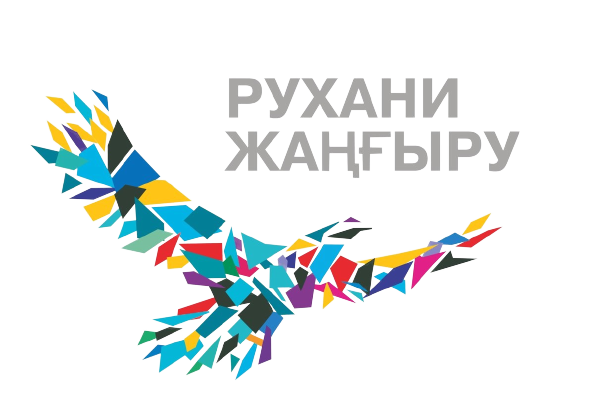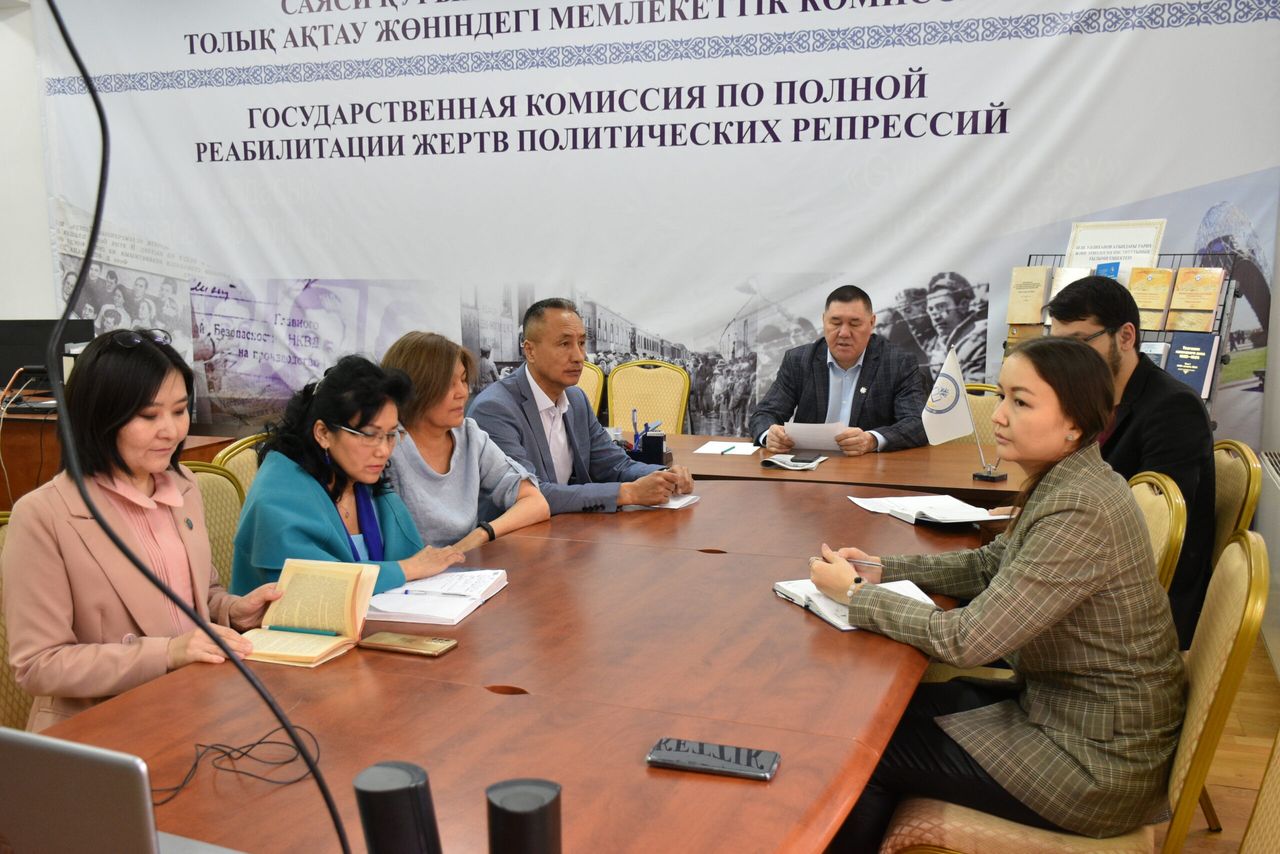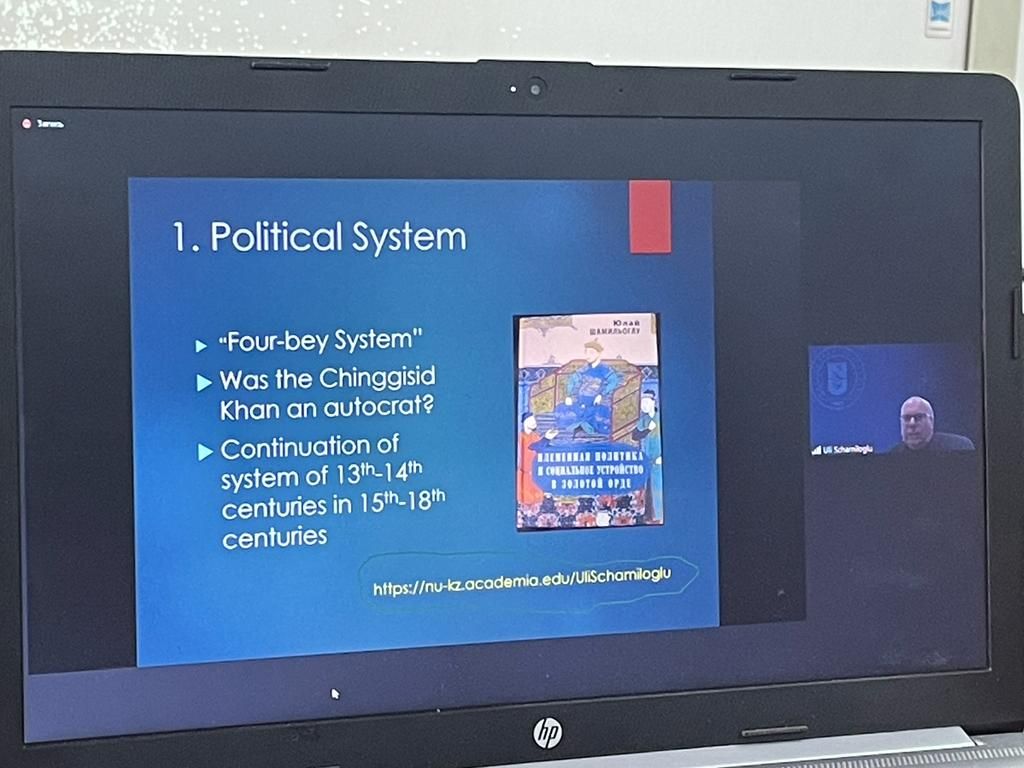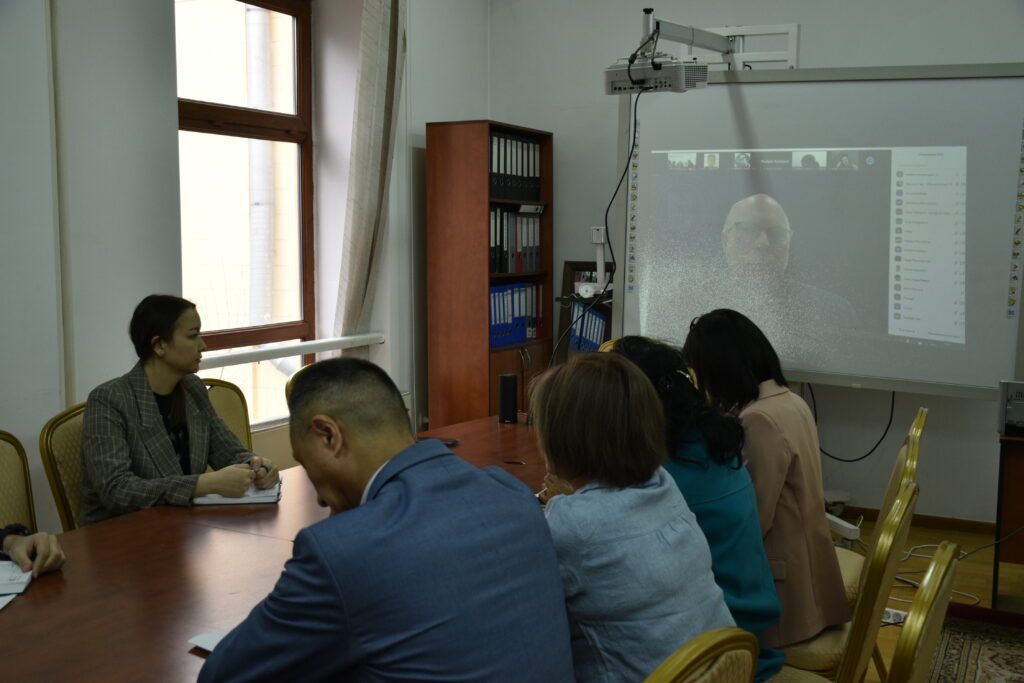On March 30, the Chokan Valikhanov Institute of History and Ethnology held another methodological seminar on the topic “Altyn Orda Tarikhy: birgalymnyn zheke kozkarasy” (“The History of the Golden Horde: a personal view of one researcher”).
The main speaker was Yulai Shamiloglu, Professor and Head of the Department of Kazakh Language and Turkology at Nazarbayev University (Astana, Kazakhstan), PhD in Eurasian Studies, Honorary Professor at the University of Wisconsin-Madison, foreign member of the Academy of Sciences of the Republic of Tatarstan. The seminar was attended by more than 50 representatives of the scientific community of Kazakhstan and foreign countries.
The speaker focused on such issues as myths associated with the Golden Horde, the tribal composition of the state, the periodization of its history, socio-political, economic systems. Particular attention was paid to the Mongol Empire from the economic point of view. Y. Shamiloglu noted the need to reconsider the role of trade in the history of the Golden Horde, focusing, among other things, on issues such as the protection of trade routes, a departure from nomadism, agricultural economy, trade routes (up to the Mediterranean region).
Attention was also paid to the civilizational aspects of the state – the language of the empire, the study of the state in the context of Islamic Turkic civilization.
The history of the Golden Horde was also examined from new perspectives: in the context of the history of epidemics, in particular, the impact of epidemics on the development of the state and the course of historical development, as well as in the context of the impact of climate change on the history of the state. Other issues covered in the report include the internal development of the state (demographic changes and aspects of the domestic economy), the history of the Golden Horde in the works of Muslim researchers and the period of transition to the “Late Golden Horde”.






